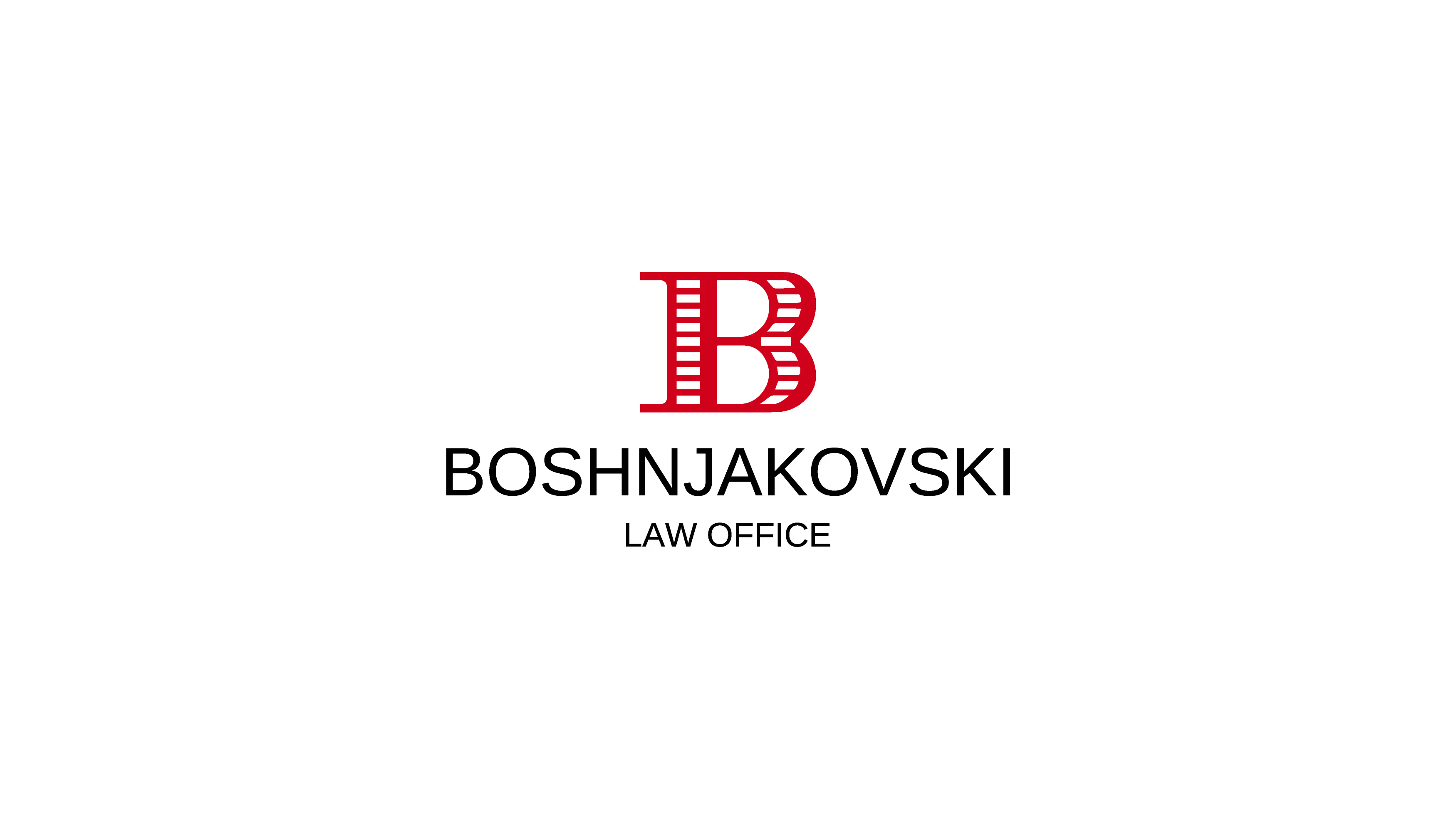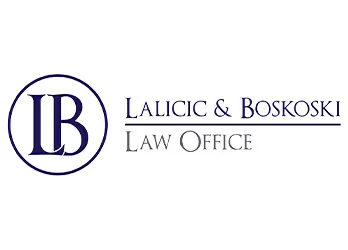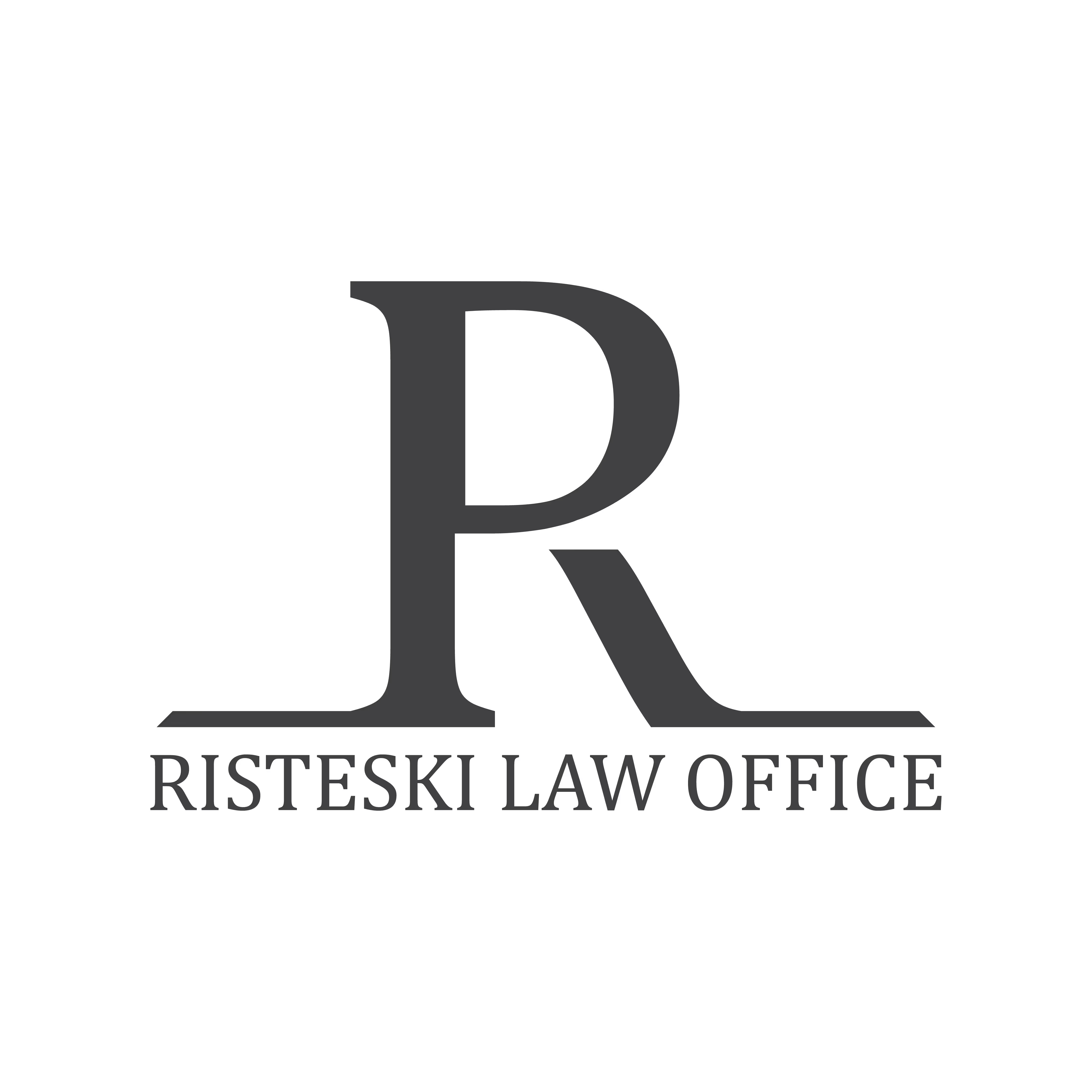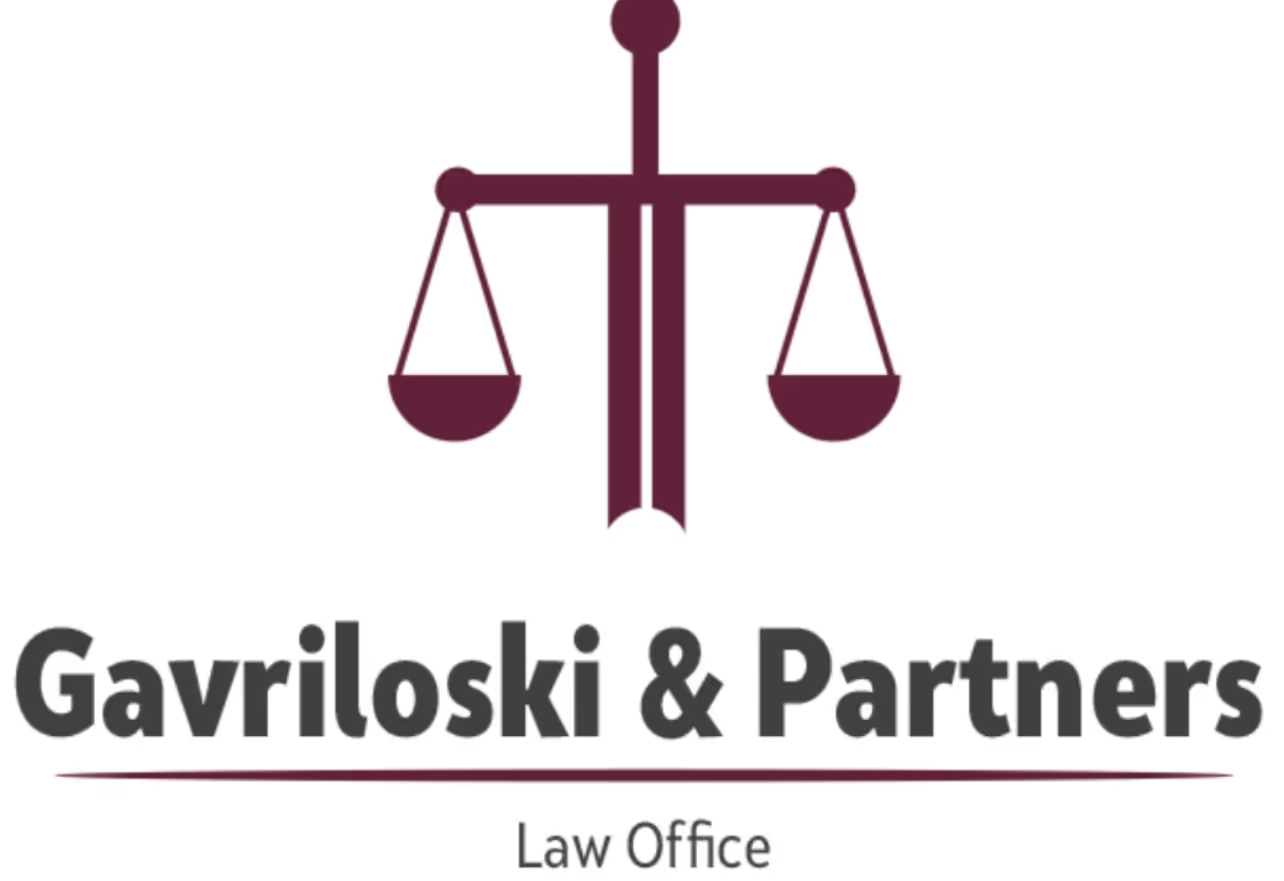Top-Rated Debt Collection Agency in Macedonia
Your trusted debt collection agency in Macedonia. Submit your claim for a fast, no-fee solution. Uncover Macedonia's debt recovery landscape with our comprehensive guide.






The ultimate guide about debt collection in Macedonia
Why you can trust this guide
At Debitura, we uphold the highest standards of impartiality and precision to bring you comprehensive guides on international debt collection. Our editorial team boasts over a decade of specialized experience in this domain.
Questions or feedback? Email us at contact@debitura.com — we update this guide based on your input.
Debitura By the Numbers:
- 10+ years focused on international debt collection
- 100+ local attorneys in our partner network
- $100M+ recovered for clients in the last 18 months
- 4.9/5 average rating from 621 reviews
Expert-led, locally validated
Written by Robin Tam (16 years in global B2B debt recovery). Every page is reviewed by top local attorneys to ensure legal accuracy and practical steps you can use.
Contributing local experts:
Last updated:
Grapple with Macedonian debt collection confidently with Debitura. Glean from our local Macedonian knowledge and extensive international experience to overcome payment delays smoothly and effectively. Lean on this guide as your go-to resource in your debt recovery journey.
Unravelling the Macedonian Debt Recovery Process: Key Players
Demystifying the Macedonian debt recovery landscape requires understanding the roles of its key players. Debt collection agencies, bailiffs, and lawyers each play a vital role in ensuring debt recovery while strictly adhering to Macedonia's legal framework.
Debt Collection Agencies in Macedonia
Debt collection agencies in Macedonia play a pivotal role in the landscape of debt recovery. They intervene when creditors aim to recover outstanding debts without immediately resorting to legal proceedings. These agencies undertake a spectrum of tasks including initiating contact with debtors through calls, letters, and electronic communications, aiming to negotiate and secure voluntary payments. Governed by regulations that promote fair practice and protect consumers, they are typically involved before any judicial action is considered. Their operational limitations necessitate the involvement of legal entities for actions beyond their non-judicial scope. The recent proposals in Macedonian law further expand the out-of-court debt collection capabilities, especially for communal service-related debts, hinting at a more streamlined, efficient process while ensuring the rights of citizens and legal entities are upheld effectively.
Lawyers in Macedonia
In Macedonia, lawyers become indispensable particularly in complex debt collection cases that require judicial intervention. Their expertise is paramount in navigating the intricacies of legal proceedings, drafting and filing of legal documents, and representing the creditor in court. Lawyers step into the debt recovery process when a dispute necessitates a legal resolution or when the amount in question exceeds certain thresholds that require formal litigation. Their deep understanding of the legal landscape and specific regulations regarding debt recovery practices makes them invaluable for managing the judicial collection phase and ensuring that the creditor's rights are effectively upheld.
The Role of Bailiffs in Macedonia
Bailiffs in Macedonia are integral to the debt recovery process, acting on behalf of creditors to enforce court judgments. Their responsibilities include seizing the debtor’s assets, such as bank accounts, claims against third parties, and both movable and immovable property. Before involving a bailiff, a creditor must have a court order. Specifically, bailiffs can request the debtor’s claims against tax offices, life insurances, salaries, corporate shares, or any claims against third parties. Knowledge of the debtor's bank account details, employer information, and any corporate shares is essential for this enforcement action.
Notably, certain assets are exempt from seizure to ensure the debtor's basic needs and livelihood are not threatened. The enforcement process varies in duration depending on the type of assets being targeted: generally two to three months for monetary claims, and longer for movable and immovable property. Legislation enacted in 2018 aimed to reduce bailiffs' fees, thereby lowering the cost of enforcement for creditors.
Understanding North Macedonia's Debt Collection Legal Landscape
Navigating debt collection in North Macedonia entails a deep grasp of intricate laws. Adherence to these regulations not only facilitates successful debt recovery but also reinforces the value of fair proceedings, a cornerstone for fostering trust and ethical norms in commercial activities.
The Regulatory Environment and Civil Court System in Macedonia
The civil court system in Macedonia represents the procedural backbone for resolving non-criminal disputes, including those related to debt collection. It's structured to ensure justice is both accessible and administered effectively.
- Basic Courts: At the base of the pyramid, Basic Courts handle a wide range of civil cases, including debt recovery for claims up to €15,000. Their jurisdiction spans criminal, civil, and family law matters, making them the most common starting point for legal disputes.
- Appellate Courts: Positioned as the intermediary tier, Appellate Courts deal with appeals against decisions made by the Basic Courts. They ensure the uniform application of the law across Macedonia, serving regions including Bitola, Gostivar, Skopje, and Stip.
- Supreme Court: At the pinnacle is the Supreme Court, which has the ultimate jurisdiction in Macedonia. It handles appeals from the Appellate Courts, ensuring the consistent interpretation and application of laws across the board, including in complex debt collection matters.
In summary, Macedonia's civil court system provides a structured pathway for debt collection, enabling creditors to advocate for their rights from Basic Courts all the way to the Supreme Court if needed. Its hierarchical structure supports the efficient administration of justice while setting clear venues for handling disputes at every level of complexity.
Key Legislation Impacting Debt Collection in Macedonia
In Macedonia, the regulation of debt collection is governed by a robust legal framework designed to ensure fair and efficient procedures. Here's an overview of the primary laws and regulations.
- Civil Procedure Law: This law outlines the judicial procedures for debt recovery, detailing the process from claim submission to enforcement of judgement.
- Consumer Protection Law: It safeguards consumer rights against unlawful debt collection practices, setting clear guidelines for creditors and agencies.
- Law on Protection of Personal Data: This regulation is crucial in debt collection for ensuring the confidentiality and protection of debtor's personal information.
Understanding these key laws is essential for any creditor or debt collection agency operating in Macedonia. Whether navigating pre-legal collection processes or pursuing judicial collection, adherence to these regulations ensures not only the legality of actions taken but also fosters trust and maintains the integrity of the financial system.
Consumer Protection from Unfair Collection Practices in Macedonia
In North Macedonia, consumer protection in debt collection is reinforced by a set of laws and regulations aimed at ensuring fair practices and respecting debtor rights.
- The Law on Obligations outlines the general legal framework for contractual relations, including the ethical treatment of debtors and prohibited collection practices.
- Data Protection Law safeguards consumer information during the debt collection process, emphasizing the importance of privacy and security of personal data.
- The Law on Consumer Protection advocates for the rights of consumers, including debtors, ensuring transparency and fairness in all transactions.
- Regulatory guidelines from the National Bank of Macedonia stipulate specific practices for financial institutions regarding debt recovery, aiming to prevent undue stress or coercion.
- The Law on Public Debt, and related amendments, provide a legal framework for managing public debt, including provisions that indirectly affect consumer debt collection practices regarding transparency and accountability.
Overall, these laws and regulations ensure a balanced approach to debt collection in Macedonia, striking a balance between the rights of creditors and the protections afforded to consumers. This framework helps maintain good business relationships, ethical collection practices, and the financial security of citizens, thereby contributing to a stable and trustworthy financial environment.
Navigating Amicable Debt Collection in Macedonia
Macedonia's approach to amicable debt collection, or pre-legal collection, focuses on resolving debts outside of court. Implemented frequently by debt collection agencies, this simpler, swifter process is effectively managed by understanding its steps, strategies, and significant considerations.
- Legal Framework: Governed by laws including the Law on Public Debt, ensuring transparent debt collection processes.
- Statutory Interest Rates: Set by the National Bank of North Macedonia, crucial for calculating costs on outstanding debts.
- Amicable Collection Process: Laws emphasize efficient enforcement of rights, with a focus on clear debtor communication.
- Judicial Council Role: Oversees judiciary independence, critical if amicable efforts fail and judicial intervention is needed.
- Enforcement Officers' Standards: Proposed laws aim to enhance their professionalism and accountability.
- Real Estate Valuation Timeframe: Assessment period proposed to shorten from 15 to 8 days, speeding up recovery processes.
- Elimination of Third-Party Auctions: Aims to ensure fair property auctions, preventing manipulation and benefiting creditors.
- Electronic Communication: New legislation mandates electronic engagement, streamlining and reducing recovery costs.
- Cost of Amicable Recovery: Potentially lower than judicial methods, though costs can accumulate, including statutory interest.
- Transition to Judicial Recovery: Considered when out-of-court efforts are exhausted or when facing non-cooperative debtors.
Navigating Amicable Debt Collection in Macedonia
Amicable debt collection prioritizes a relationship-focused strategy for recovering dues, emphasizing empathy and negotiation over confrontation. This method values maintaining a positive rapport between creditor and debtor, aiming for solutions that respect the debtor's situation while ensuring the creditor's recovery of funds. It's a non-adversarial approach recommended for non-disputed claims, avoiding the complexities and costs of legal action.
We recommend starting with amicable debt collection, unless your claim is disputed or involves complex legal issues.
The Collection Agency's Role in Amicable Debt Recovery in Macedonia
Collection agencies are pivotal in the amicable recovery process, especially when creditors lack the time or expertise for effective debt collection. Agencies like Debitura offer specialized services, starting with precise identification of debts and debtors, followed by initiating communication through reminders or formal notices. Their objective stance, devoid of personal investment, often leads to more successful debt recovery by providing impartial, professional mediation.
In Macedonia, the proposed law on debt collection procedures aims to enhance the enforcement of citizens' and legal entities' rights in debt collection processes, ensuring a more efficient and effective execution of judgments. It expands the authority of enforcement officers by introducing out-of-court debt collection based on credible documentation. This legal framework favors amicable solutions by requiring enforcement officers to invite individual debtors to settle their debts within a defined timeframe before taking further enforcement actions, thus supporting the amicable approach.
Advantages of Amicable Debt Resolution
Opting for amicable collection benefits both parties; creditors save on legal costs and preserve valuable business relationships due to the process's respectful nature. Debtors receive more manageable repayment terms, reducing financial strain and fostering positive feelings towards the creditor. This approach underscores respect and understanding, creating a conducive environment for fulfilling financial obligations.
The recent legal enhancements in Macedonia, such as the shortened timeframe for assessing the value of real estate properties during enforcement proceedings and the introduction of electronic communication between enforcement officers and the land registry, streamline the amicable debt collection process further. These changes ensure a quicker resolution and reduce operational costs, making the amicable approach even more advantageous.
Transitioning from Amicable to Legal Collection in Macedonia
While amicable collection offers many benefits, certain situations necessitate considering legal action. Signs to move towards legal collection include unresponsiveness, repeated defaults on promises, or deliberate evasion by the debtor. This step should be a carefully considered last resort, given the significant costs and time legal proceedings entail, and is typically pursued after exhausting amicable solutions.
Macedonia’s debt collection laws, including the requirement for debt collectors to undergo a professional exam every seven years and the establishment of clear disciplinary measures, ensure that the transition from amicable to legal collection is well-regulated, providing clarity and protection for all parties involved.
Judicial Debt Collection in Macedonia
A spotlight on judicial debt collection in Macedonia, an escalated process pursued when amicable claim recovery efforts fail. This complex legal procedure requires obtaining a court order, typically involving bailiffs, often calling for legal aid except on rare small-claim occasions.
- Hierarchical Court System: A multi-tiered system with the Supreme Court at its apex, ensuring judicial autonomy.
- Judicial Council's Role: Responsible for appointing judges, impacting the judicial debt recovery process.
- Legal Framework: Governed by the Law on Public Debt, outlining debt issuance, repayment, and management.
- Debt Collection Licensing: Entities must obtain licenses to operate within legal and ethical boundaries.
- Civil Court System: Plays a pivotal role in adjudicating debt collection disputes.
- Small Claims Procedure: Basic Court in Radovis handles disputes not exceeding 15,000 euros, streamlining minor debt recovery.
- Choosing the Right Court: Importance of filing cases in a competent venue based on the claim's value.
- Regional Court Accessibility: An extensive network of courts across the nation aids in accessible judicial venues for debt recovery.
Shifting from Amicable to Judicial Debt Collection in Macedonia
In Macedonia, the journey of debt collection often begins with amicable methods, aiming for a mutual agreement without resorting to the courts. This process includes communication between parties, negotiation, and attempts to find a satisfactory solution for both creditor and debtor. However, when such measures are insufficient due to disputes or an outright refusal to pay, the situation necessitates transitioning to judicial debt collection. This phase involves the enforcement of debt recovery through legal means, marking a significant shift in approach.
The transition to judicial methods is usually triggered by unresolved disputes or the failure of amicable resolution attempts. It's a step taken to enforce debt recovery through court judgments and further legal procedures. Given the complexities of legal frameworks and the need for precision in legal documentation, securing the services of legal counsel or representation becomes not just beneficial but often crucial. Professional legal guidance ensures that the process aligns with Macedonian laws and increases the likelihood of a favorable outcome.
The Importance of a Formal Judgment in Macedonia
A court order, or formal judgment, is the legal validation of a creditor's claim against a debtor, officially recognized by the court. Obtaining such an order is a critical step in the debt collection process, as it legally enforces the debtor to fulfill their financial obligations. In Macedonia, the journey to securing a court order involves filing a claim with the appropriate court, presenting evidence to support the debt claim, and possibly going through a court hearing.
With a formal judgment in hand, creditors have the legal authority to enforce the claim against the debtor. This could involve measures such as garnishment of wages, seizing of assets, or other actions permitted by Macedonian law to ensure debt recovery. The process of obtaining a court order starts with submitting a well-documented claim to the court system, essentially initiating the judicial phase of debt collection.
Determining the Appropriate Court in Macedonia
In Macedonia, deciding which court will handle a debt collection case involves specific criteria, primarily based on the size and complexity of the claim. For claims up to 15,000 euros in value, the Basic Courts serve as the primary judicial authority. These courts handle a variety of civil disputes, including debt collection matters, within their jurisdictional limits.
The choice of court is also influenced by the geographical location of the debtor and the nature of the debt. In cases where complexity or claim value exceeds the basic threshold, the Appellate Courts or even the Supreme Court may become involved, especially in situations necessitating appeals or dealing with points of law of significant importance. Each court's jurisdiction is defined by not only the monetary value but also the type of legal dispute, ensuring that each case is directed to the most appropriate judicial body for resolution.
Small Claims Court in Macedonia
In the Macedonian legal framework, the handling of small claims, specifically debt recovery cases, is streamlined through the Basic Court in Radovis. This court is empowered to deal with civil disputes, encompassing debt collection matters, with a value of up to 15,000 euros. This threshold ensures that smaller financial disputes can be resolved efficiently, making it a go-to option for creditors aiming to recover small to moderate debts. The Basic Court forms part of a broader judicial structure designed to facilitate access to justice for all, by minimizing complexities and expediting the resolution process. This model not only aids in the swift management of small claims but also plays a fundamental role in maintaining the integrity of business transactions and the financial market. By offering a designated avenue for the resolution of minor financial disputes, the Macedonian legal system exemplifies its commitment to upholding both creditor and debtor rights, ensuring balanced and fair outcomes.
Ordinary Proceedings in Macedonia
In the Macedonian judicial system, ordinary proceedings offer a comprehensive legal avenue for resolving more complex disputes, including those related to debt collection. Unlike the simplified and quicker small claims process, ordinary legal proceedings are designed to handle cases that demand thorough examination, involve higher claim values, and may include more complex legal issues. This traditional court process allows for an in-depth exploration of the matters at hand, ensuring that every aspect of the case is thoroughly evaluated.
One of the key advantages of ordinary proceedings over small claims court is the capacity to manage disputes of any monetary value, including those significantly exceeding the threshold set for small claims. This broader scope makes ordinary proceedings suitable for various types of claims, from simple to highly complex cases. Additionally, the ordinary process provides parties with the opportunity to have legal representation, which is highly recommended due to the intricate nature of the proceedings. Legal professionals can offer invaluable guidance, representing interests and navigating the complexities of the law effectively.
Ordinary proceedings in Macedonia are governed by the Law on Civil Procedure, which outlines the procedural steps, rights, and obligations of the parties involved. It sets the framework for the orderly conduct of hearings, submission of evidence, and delivery of judgments. This comprehensive approach ensures that the rights of all parties are safeguarded, with decisions made based on a full consideration of the facts and applicable law.
Navigating Debt Enforcement in Macedonia
Upon a successful judicial debt collection phase in Macedonia, you are awarded a court order, ushering in the debt enforcement phase. Supervised by official bailiffs, this process grants creditors the power to seize the debtor's assets, hence upholding their claim effectively.
- Enhanced Rights Protection: Aimed to improve the enforcement of citizens' and entities' rights in Macedonia.
- Out-of-Court Collection: Introduction of out-of-court debt collection for utilities with debtor's consent.
- Property Valuation: Valuation time for property during enforcement reduced from 15 to 8 days.
- Electronic Communication: Mandates electronic interactions between enforcement agents and the land registry.
- Professional Exam Requirement: Enforcement agents required to undergo a professional exam every seven years.
- Disciplinary Measures: Implementation of disciplinary measures for regulating enforcement agents' conduct.
- Streamlined Execution: Focus on streamlining execution based on credible documents by incorporating these into the Notary Law.
- Protection of Rights: Legislation based on principles of protecting rights, ensuring urgency, and prioritizing creditor interests.
- Seizure Legality and Public Interest: Seizure to combat organized crime must be justified, lawful, and in public interest according to ECHR.
- Commitment to Balancing Rights: Efforts to balance individual rights with public interest in the context of property seizure.
The Role of Bailiffs in Debt Enforcement in Macedonia
In Macedonia, bailiffs, officially known as enforcement agents, play a pivotal role in the debt enforcement process. Their responsibilities include not only executing court orders but also managing the intricate process of seizing and subsequently selling debtors’ assets to satisfy creditor claims. These agents operate with the legal authority to identify and value assets, conduct sales primarily through auctions, and ensure the distribution of sale proceeds to creditors. Moreover, they participate in public auctions, safeguarding the process by allowing only pre-qualified bidders, thus maintaining the integrity and fairness of the asset liquidation process.
The Debt Enforcement Process in Macedonia
The procedural journey of debt enforcement in Macedonia commences when a creditor files a claim augmented by an enforceable title, such as judicial decisions or formal agreements, which unequivocally establishes the debtor’s obligation. Following this, bailiffs engage in the meticulous task of asset identification and seizure, ensuring the preservation of certain essential items and a minimum income necessary for the debtor’s basic sustenance. Recent legislative enhancements have sought to refine this process, introducing expedited methods for assessing asset values and streamlining communication between enforcement agents and the land registry.
Costs and Legal Framework in Macedonia
The monetary considerations entailed in the debt enforcement process, encompassing court fees, bailiff charges, and expenses for legal counsel, are crucial for creditors to anticipate. These costs fluctuate depending on the case's complexity and length. The Macedonian legal framework meticulously delineates the procedures for debt enforcement, delineates bailiff responsibilities, and safeguards the rights of all entities involved, thereby championing transparency and equitability within the system. It also mandates periodic professional reevaluation of enforcement agents to ensure their adherence to updated legal standards.
Preparing for Enforcement
Prior to initiating enforcement, it is imperative for creditors to validate their possession of a viable enforceable title. Additionally, issuing a final demand for payment to the debtor stands as a critical preliminary step. This stage is instrumental not only in paving the way for subsequent legal actions but also in granting debtors an opportunity to voluntarily settle their debts, respecting their avenue to contest or challenge impending enforcement actions. The new legal adjustments in Macedonia further refine the debt enforcement landscape by facilitating out-of-court debt collection for utility bills under debtor consent, and curtailing the timeframe for settling debt post-notification, thus promoting efficiency and clarity in the enforcement process.
Maneuvering Through Bankruptcy Proceedings for Debt Reclamation in Macedonia
Insolvency occurs when an individual or entity finds themselves unable to fulfill their financial commitments when they come due. This scenario usually makes conventional recovery tactics, like obtaining assets through legal mandates, impracticable because of a lack of assets to claim. Under these circumstances, resorting to bankruptcy procedures becomes an essential option. This judicial approach seeks to orderly dispose of the debtor's holdings, providing a last resort to recoup some form of payment for unresolved debts.
- Legal Framework: Governed by specific laws in Macedonia, insolvency procedures dictate a formal process for declaring bankruptcy.
- Filing Requirements: The process involves submitting detailed information about financial status, creditors, and assets.
- Court Structure: Handled by competent authorities within Macedonia's hierarchical court system, ensuring adherence to legal standards.
- Bankruptcy Rate Insight: A notable bankruptcy rate increase highlights economic challenges and underscores the importance of strategic debt management.
- Creditor Involvement: Creditors can actively participate in the proceedings, potentially influencing outcomes with legal representation.
- Appeal Rights: Offers options for opposing or seeking judicial review of bankruptcy decisions through Macedonia's court system.
- Recovery Chances: Varies significantly, with secured creditors often having preferential rights, impacting recovery rates.
- Cost Implications: Proceedings involve multiple fees, affecting the overall financial recovery from the debtor's assets.
- Duration and Complexity: Time frame depends on case specifics, particularly the debtor's financial complexity and procedural efficiency.
The Framework of Insolvency Procedures in Macedonia
Insolvency procedures in Macedonia provide a legal framework for addressing situations where debtors are unable to meet their financial obligations. Governed by Macedonian bankruptcy laws, these procedures aim to balance the interests of debtors and creditors through either restructuring the debtor's affairs or liquidating assets to repay creditors. The insolvency process can be initiated by either the debtor or creditors, based on conditions such as persistent inability to fulfill financial obligations. The judicial system in North Macedonia, including courts from Basic to Supreme levels, plays a vital role in overseeing these insolvency procedures. Additionally, the Judicial Council, headquartered in Skopje, ensures the judiciary's autonomy in handling such cases in accordance with the Macedonian constitution and laws.
Creditor Rights and Claim Prioritization in Macedonia
Within Macedonian insolvency proceedings, creditor claims are methodically categorized and prioritized according to specific legal provisions. Claims range from secured, backed by collateral, to unsecured, with no such security. The Law on Public Debt and related amendments outline the frameworks for claim registration, prioritization, and creditor involvement. Creditors are required to register their claims within designated deadlines and may increase their recovery chances by participating in creditor committees or negotiating reorganization plans. This structured approach ensures a fair and transparent process for all parties involved.
Understanding Costs and Timelines
The costs associated with navigating insolvency proceedings in Macedonia include court fees, administrative charges, and expenses for legal representation. These are typically borne by the debtor's estate before any distribution to creditors. The timeframe for insolvency cases can vary significantly, influenced by the complexity of the debtor's financial situation, the number of creditor claims, and the occurrence of legal disputes. Creditors should be prepared for these proceedings to potentially extend over a considerable period, which will impact the timeline for any debt recovery efforts. The recent increase in bankruptcy rates, highlighted in the National Bank's financial stability report, underscores the importance of understanding these aspects for effective debt collection in Macedonia.
Find a Local Debt Collection Lawyer
Need court-ready representation? Share your case once and receive up to three proposals from vetted litigation attorneys—free, fast, and with no commitment.
- Verified specialists
- Quotes in 24 h, no hidden fees
- Fair, pre-negotiated rates

Boshnjakovski Law Office is a premier law firm in Skopje offering effective Debt Collection services in MK, positioned as the go-to partner for debt recovery with a foundation in 2020, recognized for awards and memberships, and providing comprehensive legal services to foreign clients.

Lalicic and Boskoski Law Office is a premier law firm in Skopje offering effective Debt Collection services in North Macedonia, positioning the firm as the go-to partner for debt recovery with a strong foundation since 2017 and recognized for its professional excellence.

Lawyers Antevski is a premier law firm in Skopje offering effective Debt Collection services in North Macedonia, positioning itself as the go-to partner for debt recovery since 1985, with memberships in international legal networks and services extending to several European countries.

Risteski Law Office is a premier law firm in Skopje offering effective Debt Collection services in North Macedonia, positioning itself as the go-to partner for debt recovery with over 30 years of experience, international reach, and recognized excellence in legal representation.

Law Office Aleksov&Memishi is a premier law firm in Skopje offering effective Debt Collection services in Macedonia, established in 2017, recognized for its tech law expertise, and a member of the Bar Association of the Republic of North Macedonia.

Gavriloski & Partners Law Office is a premier law firm in Skopje offering effective Debt Collection services in MK, established in 2000, recognized for excellence with industry awards and memberships, making it the go-to partner for debt recovery.

Law Firm Trpenoski is a premier law firm in Skopje offering effective Debt Collection services in North Macedonia, established in 1992, renowned for its accolades from Chambers Europe, Legal 500, and IFRL 1000, and memberships in Alliott Global Alliance and the International Bar Association.





.svg)

.webp)
.png)

.png)
.svg)












.svg)

